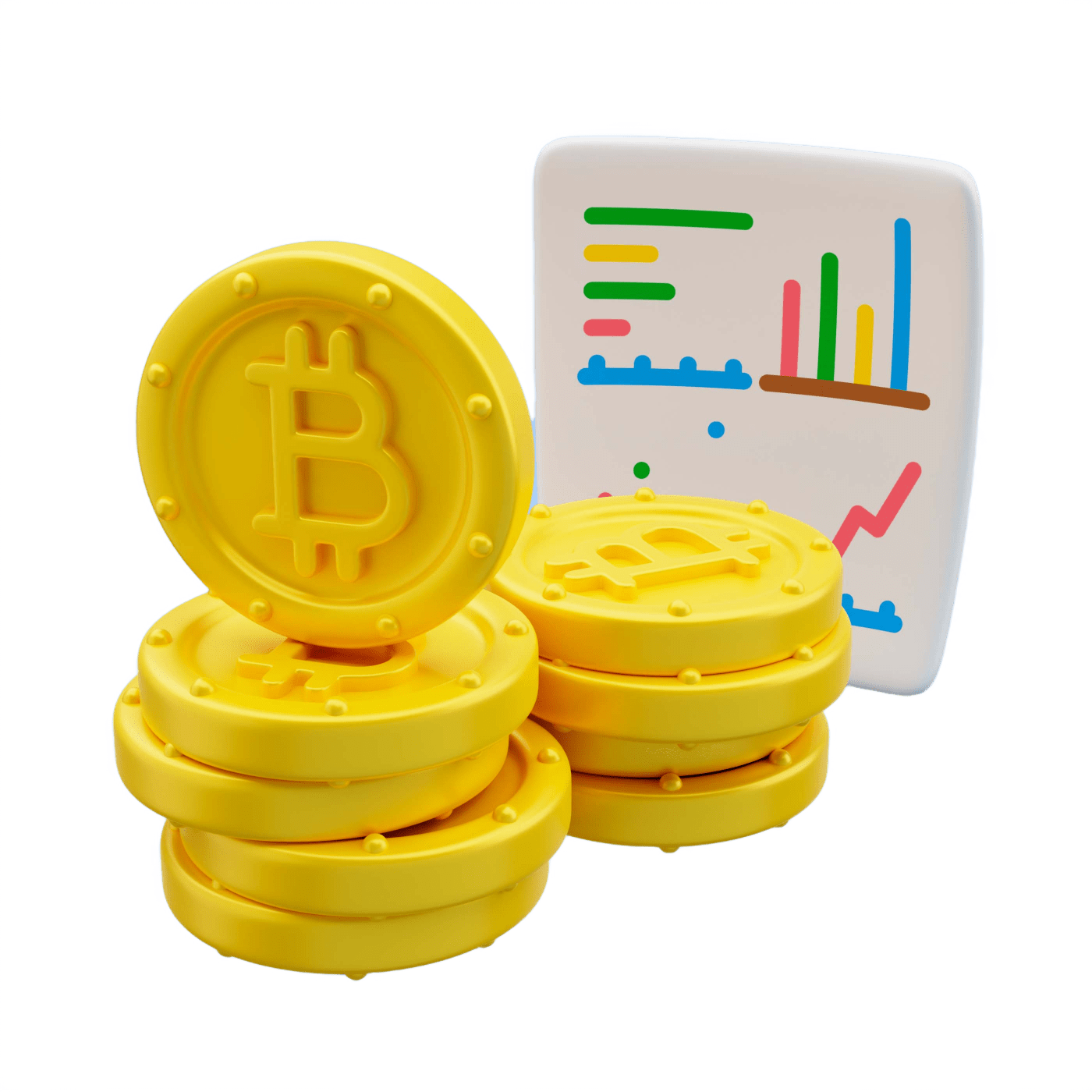Bitcoin is a decentralized digital currency, without a central bank or single administrator, that can be sent from user to user on the peer-to-peer bitcoin network without the need for intermediaries. Transactions are verified by network nodes through cryptography and recorded in a public distributed ledger called a blockchain. Bitcoin is unique in that there are a finite number of them: 21 million.
Bitcoin is created as a reward for a process known as mining. They can be exchanged for other currencies, products, and services. As of February 2015, over 100,000 merchants and vendors accepted bitcoin as payment. Research produced by the University of Cambridge estimates that in 2017, there were 2.9 to 5.8 million unique users using a cryptocurrency wallet, most of them using bitcoin.
How Does Bitcoin Work?
Bitcoin, like other cryptocurrencies, operates on a decentralized system, which means that it is not controlled by any government or financial institution. Instead, it relies on a technology called blockchain, which acts as a digital ledger to record all bitcoin transactions.
When someone wants to buy Bitcoin, they first need to set up a digital wallet, which is a software program that stores their bitcoin. There are various types of digital wallets available, including those that are designed for mobile devices, desktop computers, and even hardware wallets that are designed for maximum security.
Once the digital wallet is set up, the person can purchase bitcoin through a cryptocurrency exchange using traditional currency such as U.S. dollars. Cryptocurrency exchanges are platforms that allow users to buy and sell various types of cryptocurrencies, including Bitcoin.
Once the person has acquired some Bitcoin, they can use it to make purchases online or in some physical stores that accept it as payment. When a person makes a purchase, the transaction is verified and recorded on the blockchain, which ensures that the transaction is secure and that the person's bitcoin cannot be double-spent.
Bitcoin transactions are final and cannot be reversed, unlike traditional bank transactions. Also, The value of Bitcoin fluctuates greatly, as it is not backed by any physical commodity or government, so the value of Bitcoin can change rapidly.
So What's All The Fuss?
Bitcoin is a decentralized digital currency that operates on a peer-to-peer network and is not controlled by any government or financial institution. This unique feature makes it attractive to some people as an investment.
One of the reasons people buy Bitcoin is as an investment, similar to buying stocks or real estate. The value of Bitcoin can fluctuate greatly, and some believe it has the potential for significant appreciation in the future. The value of Bitcoin is determined by supply and demand, and it is not backed by any physical commodity or government. This means that the value can change rapidly.
Another reason people buy Bitcoin is to have more control over their own money and transact outside of the traditional financial system. Bitcoin allows for peer-to-peer transactions, meaning that transactions can be made directly between individuals without the need for a central authority like a bank. This can be especially attractive for individuals living in countries with unstable currencies or limited access to traditional banking services.
Additionally, Bitcoin is also becoming increasingly popular as a form of digital gold, as a hedge against inflation and as a store of value. Some investors see it as a hedge against the traditional monetary system.
It's worth noting that Bitcoin is a highly speculative and volatile asset, its value can fluctuate greatly, and it's not a traditional investment. It's important to do your own research and understand the risks before investing in Bitcoin or any other cryptocurrency.
